A Playbook for Educators, Out-of-School Time (OST) Providers, and Advocates
This Playbook is designed to help educators, providers, and advocates communicate about the value of out-of-school-time (or “extracurricular”) programs. It can also inform the design of programs and policies that make high-quality OST opportunities equitably accessible to all children.
The Playbook stems from our research on understanding how parents, teachers, and OST providers perceive the role extracurricular programs play in children’s social, emotional and academic development. The research was supported by The Wallace Foundation.
Research Deck ≫Ways to Use The Research and Playbook

Program Providers
- Communicate Value of OST: Providers can use the research to strengthen communications about the child-centered benefits of their programs, including exposing children to new experiences, perspectives, and ideas and enabling them to find passion, purpose, and voice.
- Highlight Life Skills: Staff members can talk with parents about how their children are developing specific skills—such as teamwork, confidence, leadership, and communication skills—through the program they offer.
- Emphasize Staff Quality: While parents’ primary gauge of program quality is whether their child is happy, they also think it’s important that staff are trustworthy, caring, and respect them and their child. Providers can talk about these qualities with parents and connect them to the individual benefits for their children.

Educators
- Apply the Research Locally: District administrators can use data on the value parents see in OST programs and barriers to access to improve program quality and build support for more funding, with a focus on access for low-income families.
- Support 3-Way Communication: School administrators can consider how to increase communications between OST providers and teachers so they have more insight to support children and families.
- Connect the Dots: Teachers can ask parents about their children’s interests and experiences outside of school in order to motivate their learning in school and point families to extracurricular activities.

Advocates:
- Communicate the Value of Learning Beyond School: Advocates can use the data to communicate the differentiated and highly valuable offerings of OST programs in the eyes of both families and teachers and make the case for more funding.
- Support More Equitable Access: Advocates can also use the data to promote more equitable access to high-quality programs, including reducing cost and transportation barriers identified by low-income families.
- Increase Coordination: The research offers a unique opportunity to build and seek funding for ongoing partnerships between schools and OST providers in supporting Parents’ top priority–their child’s social and emotional health.
PLAYBOOK RESOURCES
-
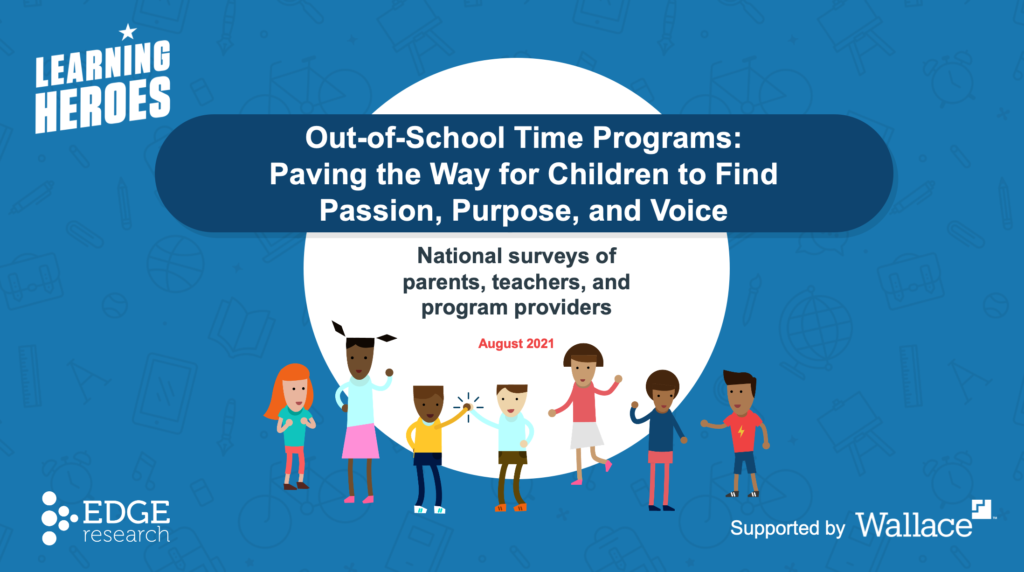 1
About the Research
1
About the ResearchLearn about the findings through an overview, a list of terms and definitions, partners who contributed to the research, a short video, and the research powerpoint.
-
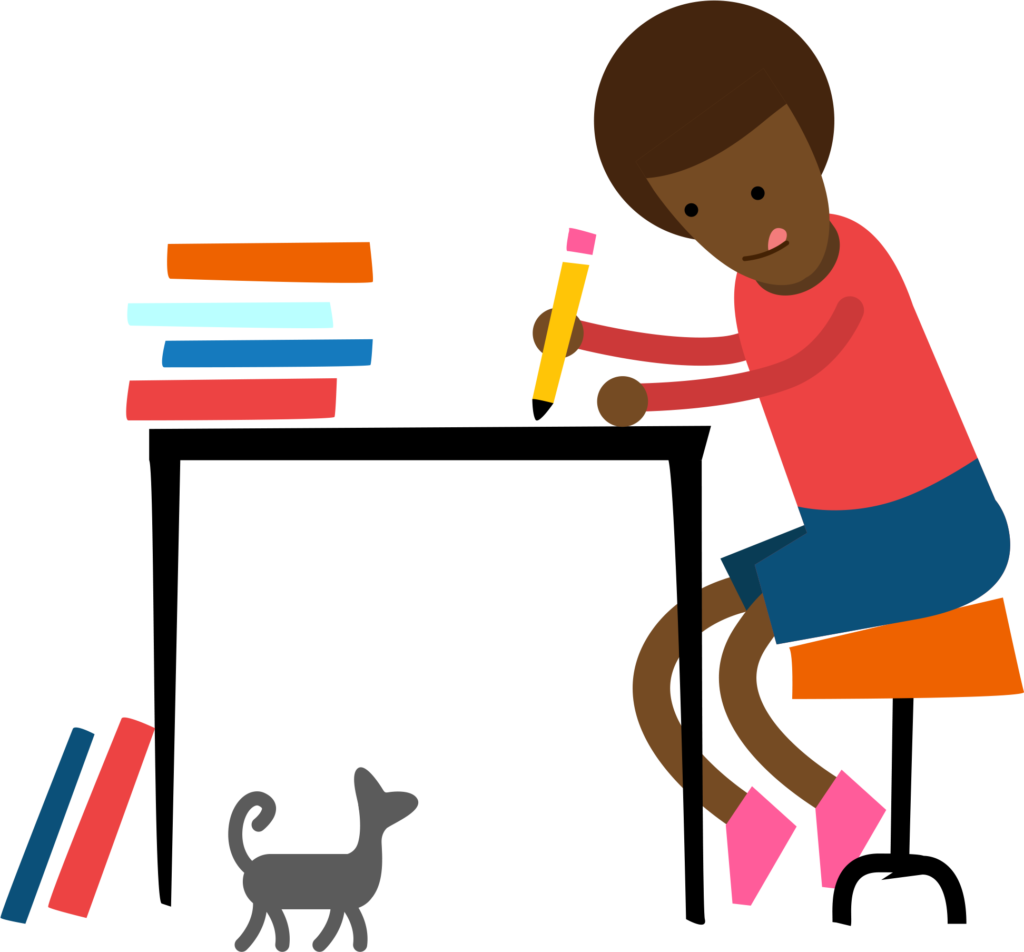 2
Messaging Guidance
2
Messaging GuidanceThis guide provides suggestions for how to highlight the value of OST programs based on research findings.
-
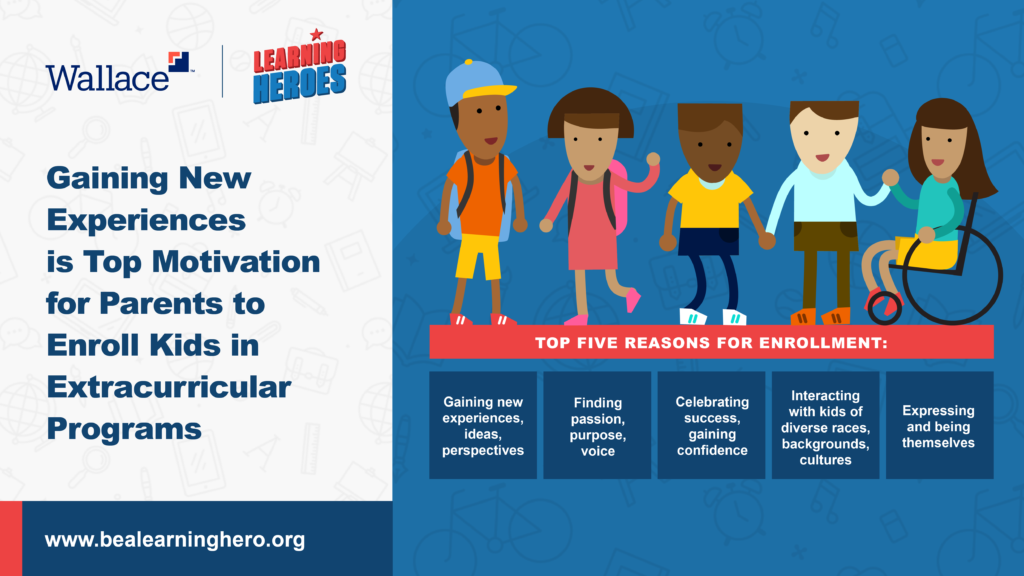 3
Social Media Graphics
3
Social Media GraphicsA series of research-based infographics for you to use in social media and other communications, plus a social media toolkit with sample posts in English and Spanish.
FUNDING PARTNER

CONTENT PARTNERS


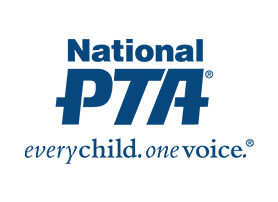

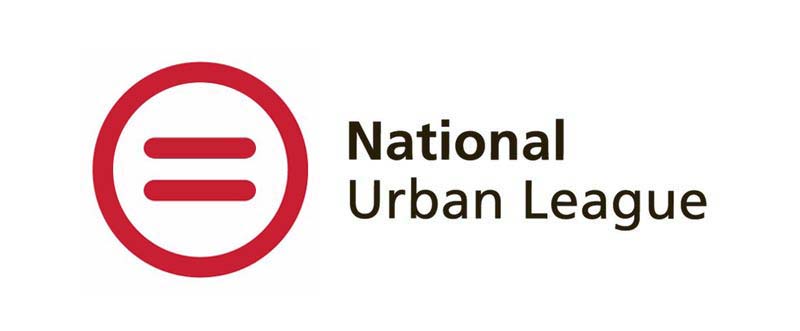

RESEARCH PARTNER

Contact Us
For more information, contact us. »Be a Learning Hero!
Get monthly tips and information to help your child succeed in school.